Recent H-2A program impacts aim to steady farm labor costs, needs
A recent state budget fix and a federal rule reform to H-2A have resulted in some relief for farmers who use the guest worker program.
Read MoreAmerican Farm Bureau President Zippy Duvall stressed that it is imperative EPA expeditiously provide clarity to farmers and asked the agency to issue an existing stock order.
Feb. 6, the U.S. District Court of Arizona decided that the U.S. Environmental Protection Agency unlawfully approved dicamba for use on soybeans and cotton varieties designed with resistance to the herbicide. As it stands, the ruling prohibits the use of dicamba for weed control on American farms for the 2024 growing season.
In response to the court’s decision, American Farm Bureau President Zippy Duvall wrote a letter to EPA Administrator Michael Regan, emphasizing that the products vacated by this ruling, including XtendiMax, Engenia, and Tavium are critically important tools for farmers in mitigating resistant weeds.
“Many farmers have already made planting decisions to use dicamba-tolerant crop systems and have planned to use dicamba products in the very near future,” Duvall wrote. “These farmers invested substantial sums in the dicamba-resistant seeds in reliance on EPA’s prior approval of dicamba on these crops. Without these products, not only are these substantial investments at risk, but farmers do not know how they will protect their crops.”
Duvall stressed that it is imperative EPA expeditiously provide clarity to farmers and asked the agency to issue an existing stock order to ensure the product remains available to farmers throughout this growing season.
“In the existing stock order, EPA should ensure access to dicamba products that have already been purchased, as well as those that remain in the supply chain to be applied by custom applicators or farmers themselves later in accordance with the current EPA label,” Duvall wrote.
Duvall stressed AFBF does not condone off-label use of dicamba or any registered pesticide, and the organization’s farmer and rancher members are committed to the safe use of all crop protection tools. He added that responsible farmers that have invested in – and often taken loans out to purchase – dicamba-resistant products for the current growing season should not bear the financial burden caused by this legal dispute.
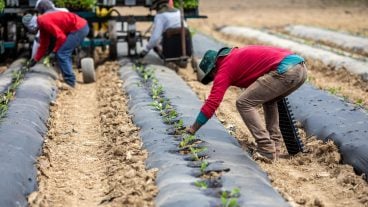
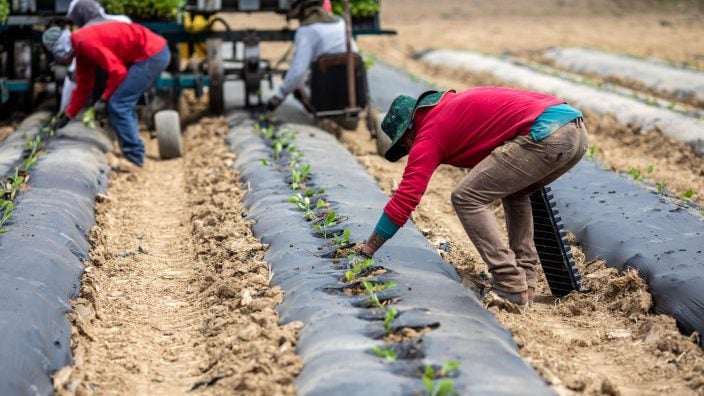
A recent state budget fix and a federal rule reform to H-2A have resulted in some relief for farmers who use the guest worker program.
Read More

Ohio Farm Bureau advocated for a change in the law to allow family members and employees to handle pesticides while under the supervision of a licensed applicator. The rules around HB 10 are being finalized.
Read More

Learn what the requirements are to legally fly a drone in Ohio as well as steps the Ohio Legislature has taken in terms of security concerns.
Read More

Any unlicensed handlers who use restricted use pesticides will need to have additional training. Farm Bureau will be working on legislation to give employers a choice on how to provide training.
Read More

The plan provides a blueprint for policymakers and Ohio Farm Bureau members to bolster Ohio’s agriculture industry and our rural communities.
Read More
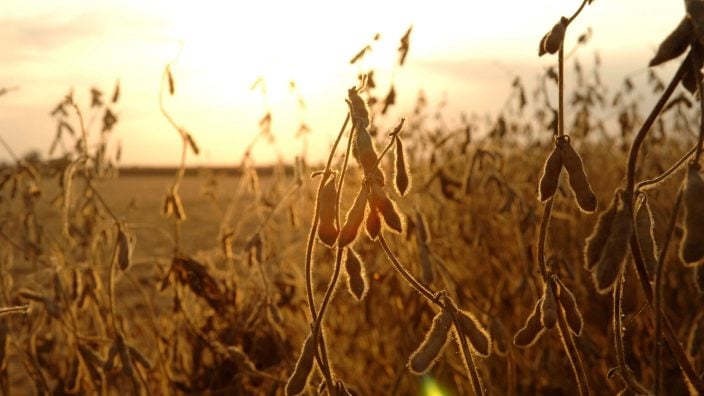
Update: As of Feb. 27, 2025, the Financial Crimes Enforcement Network announced they would not issue any fines or penalties or take enforcement action against companies based on failure to file or update beneficial ownership information reports by the March 21, 2025, deadline.
Read More

Update: As of Feb. 27, 2025, the Financial Crimes Enforcement Network announced they would not issue any fines or penalties or take enforcement action against companies based on failure to file or update beneficial ownership information reports by the March 21, 2025, deadline.
Read More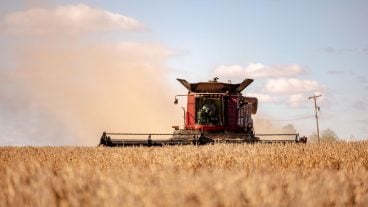
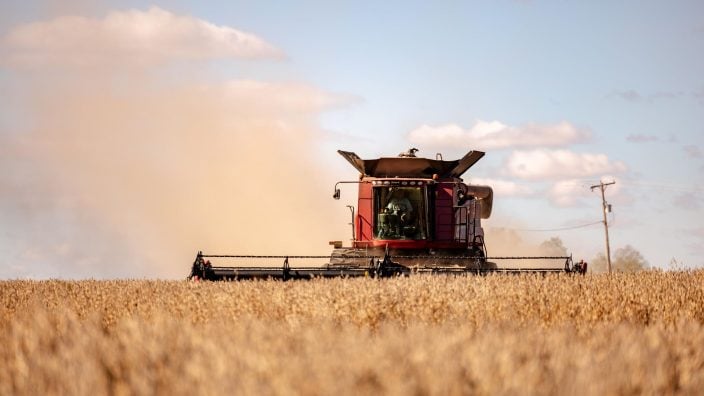
Update: As of Feb. 27, 2025, the Financial Crimes Enforcement Network announced they would not issue any fines or penalties or take enforcement action against companies based on failure to file or update beneficial ownership information reports by the March 21, 2025, deadline.
Read More
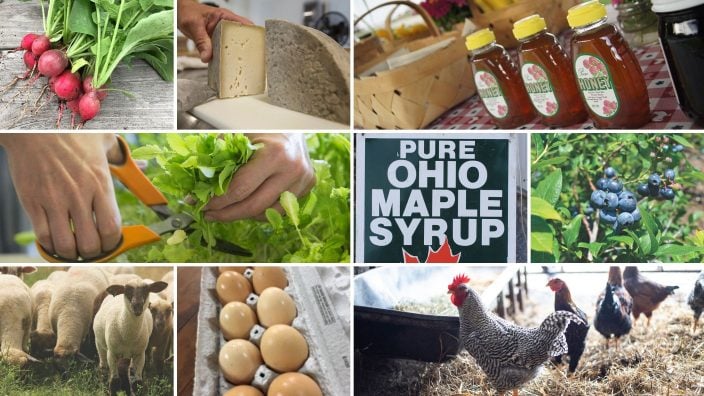
Learn what to think about when it comes to diversifying your farm and how changes to the Corporate Transparency Act could impact your operation.
Read More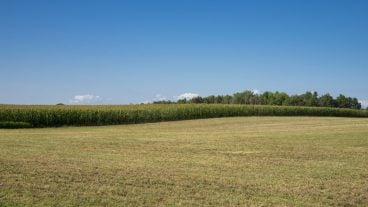

The SEC voted on its final climate disclosure rule and removed the Scope 3 reporting requirement, which would have required public companies to report the greenhouse gas emissions of their supply chain.
Read More